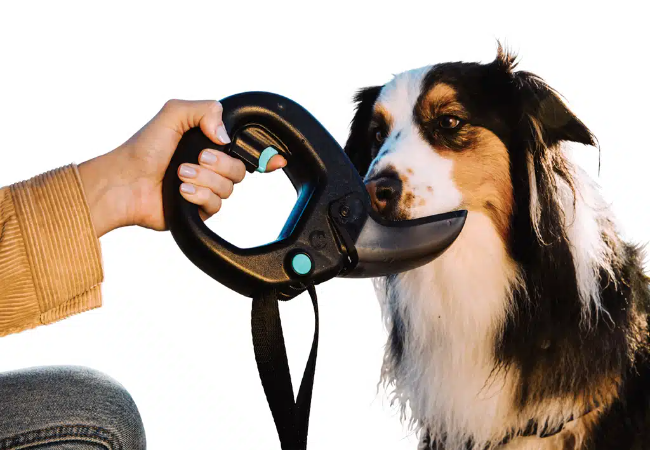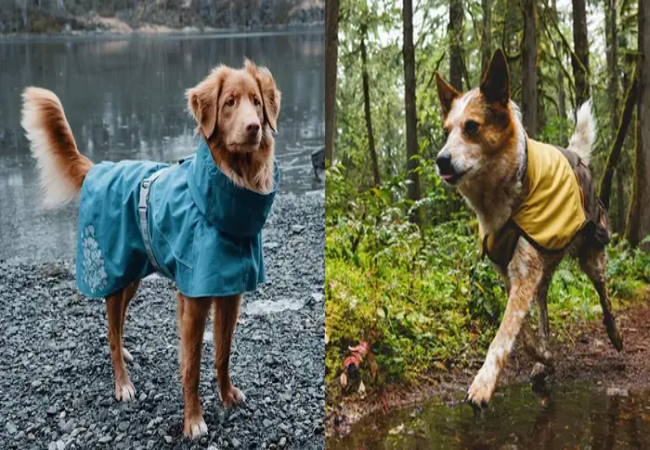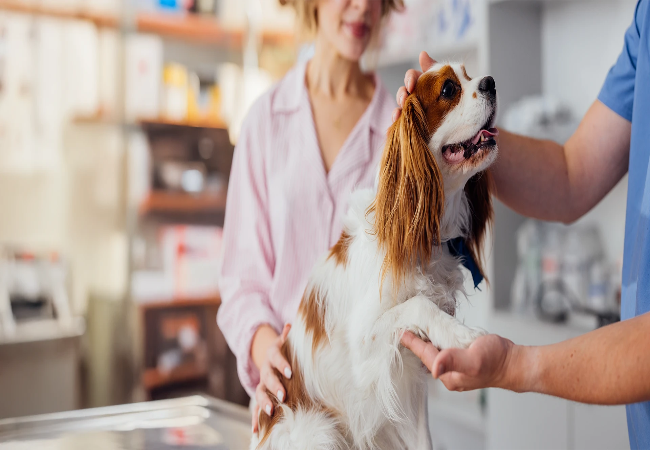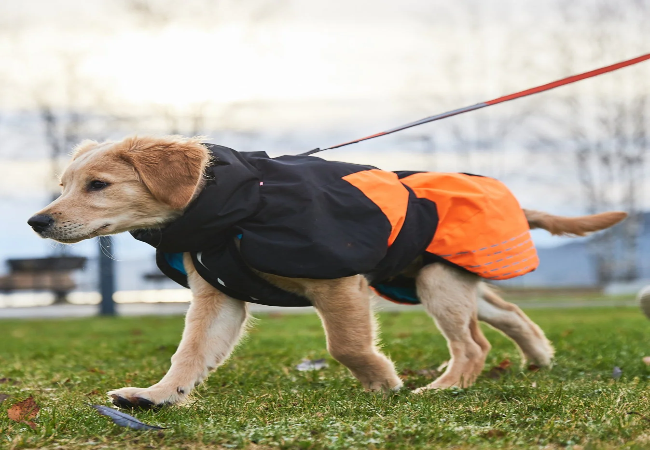Kennel Cough in Dogs 2025: Vet-Approved Causes & Care 🐶✨
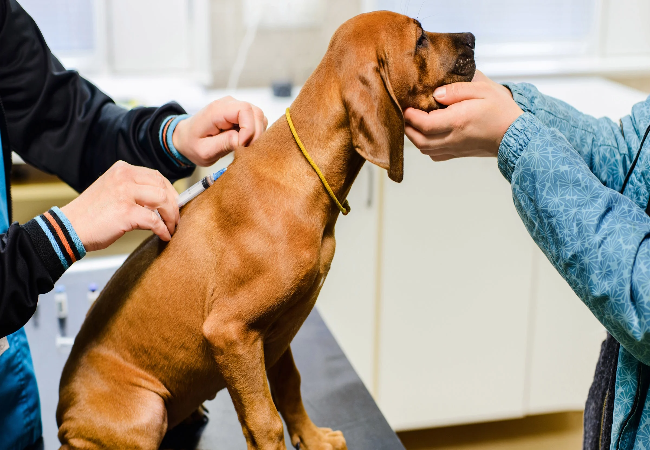
In this article
Kennel Cough in Dogs 2025: Vet-Approved Causes & Care 🐶✨
By Dr. Duncan Houston BVSc
Kennel cough, also known as canine infectious tracheobronchitis, is a highly contagious respiratory disease in dogs. While often mild, it can cause serious complications in puppies, elderly dogs, or dogs with pre-existing conditions. The disease is typically caused by a combination of viral and bacterial agents, with Bordetella bronchiseptica and the canine parainfluenza virus being the most common. Other contributors can include adenovirus type 2 and canine respiratory coronavirus.
Kennel cough spreads rapidly in environments where dogs are in close contact, such as dog parks, kennels, doggie daycares, grooming facilities, and training classes. Understanding this condition, recognizing the signs early, and taking preventative steps are essential to keeping your dog safe and healthy.
🔍 Signs and Symptoms of Kennel Cough
Early recognition of kennel cough is key to preventing complications. Symptoms may include:
-
Dry, hacking cough – Often sounds like a honking goose or as if something is stuck in the dog’s throat. It may worsen with excitement, exercise, or pressure on the trachea (like a tight collar).
-
Retching or gagging – Particularly after coughing spells.
-
Nasal discharge – Clear or slightly cloudy mucus from the nose.
-
Conjunctivitis – Red, watery eyes are common in some dogs.
-
Lethargy – Dogs may appear unusually tired or reluctant to play.
-
Loss of appetite – Mild in most cases, but some dogs may refuse food.
-
Low-grade fever – Occurs in certain cases, especially if bacteria are involved.
Symptoms typically last anywhere from 7–21 days, and while most dogs recover without severe complications, some may develop pneumonia or other secondary infections if untreated.
🩺 How Kennel Cough is Diagnosed
Veterinarians diagnose kennel cough primarily through:
-
History and clinical signs – Recent exposure to other dogs in high-traffic areas is a strong indicator.
-
Physical examination – Listening to the lungs and checking for fever or dehydration.
-
Laboratory tests – In some cases, nasal or throat swabs can identify bacterial or viral agents.
-
Radiographs (X-rays) – Used if complications such as pneumonia are suspected.
Early diagnosis ensures timely treatment and reduces the risk of your dog infecting others.
💊 Treatment for Kennel Cough
Treatment depends on the severity of the condition and the individual dog’s health. Most dogs respond well to supportive care, but veterinary intervention may be required in more serious cases.
1. Supportive Care
-
Provide a quiet, stress-free environment for rest.
-
Offer fresh water and easily digestible, palatable food.
-
Avoid excessive exercise until the cough subsides.
-
Use a harness instead of a collar to reduce pressure on the trachea.
2. Antibiotics
-
Prescribed if a bacterial infection is suspected or confirmed.
-
Can help shorten the duration and prevent secondary infections.
3. Cough Suppressants
-
Used in dogs whose cough is severe, persistent, or interferes with rest and eating.
4. Anti-inflammatory Medications
-
Help reduce swelling and discomfort in the airways, particularly for dogs with bronchial inflammation.
5. Fluid Therapy
-
Recommended if your dog is dehydrated or not eating well, ensuring they maintain proper hydration and nutrients.
Most dogs recover within 2–3 weeks, but puppies, elderly dogs, or immunocompromised dogs may need closer monitoring and additional care.
🛡️ Preventing Kennel Cough
Prevention is far better than treatment, especially for dogs frequently exposed to other canines. Key strategies include:
Vaccination
-
Vaccines are available for Bordetella bronchiseptica and canine parainfluenza virus.
-
They may not protect against every possible causative agent, but they significantly reduce the severity and risk of infection.
-
Discuss your dog’s lifestyle and risk factors with your vet to determine the best vaccination schedule.
Reduce Exposure
-
Avoid crowded dog areas if your dog is unvaccinated or recovering from illness.
-
Consider using a pet stroller to allow safe outdoor experiences without contact with contaminated surfaces.
Hygiene Practices
-
Clean bedding, bowls, toys, and shared surfaces regularly.
-
Disinfect areas where your dog eats or sleeps, especially if other dogs are present.
Early Isolation
-
If your dog develops symptoms, isolate them from other dogs to prevent spreading the infection.
🐕 When to Seek Veterinary Care
Contact your veterinarian immediately if your dog:
-
Develops labored breathing or persistent coughing.
-
Shows bluish gums (indicating oxygen deprivation).
-
Stops eating or drinking for more than 24 hours.
-
Has pneumonia or severe lethargy.
Puppies, senior dogs, or dogs with underlying health conditions are more vulnerable to complications and require prompt veterinary attention.
✅ Key Takeaways
-
Kennel cough is highly contagious, but most dogs recover with supportive care.
-
Vaccination, proper hygiene, and limiting exposure are the best preventive measures.
-
Early recognition and veterinary care ensure a faster recovery and reduce the risk of complications.
-
With proper care, your dog can bounce back and return to their happy, playful self in 2–3 weeks.
Remember, kennel cough is uncomfortable for your dog but rarely life-threatening in healthy adults. Your love, care, and timely veterinary guidance will help them recover safely.
